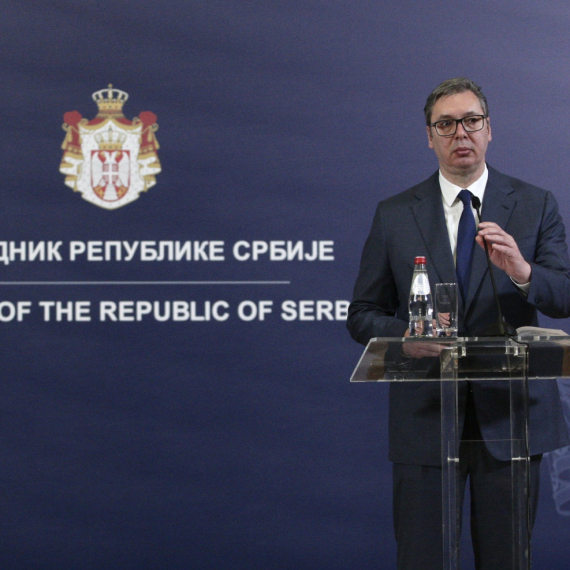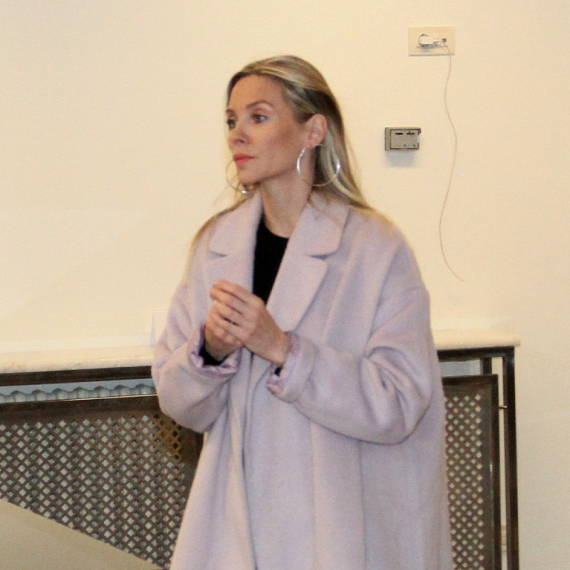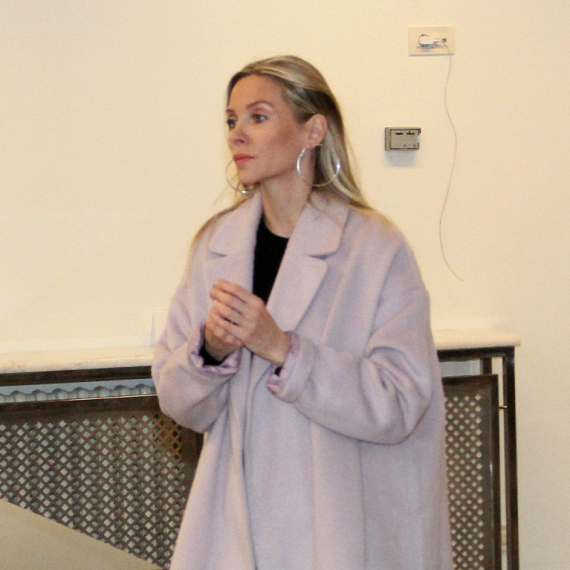UN fears self-censorship of Hungarian media
The United Nations have expressed concern that sanctions coming into effect in Hungary under a controversial new media law may lead to self-censorship.
Wednesday, 06.04.2011.
11:17

The United Nations have expressed concern that sanctions coming into effect in Hungary under a controversial new media law may lead to self-censorship. The UN has urged Budapest to ease up, Deutsche Welle reports. UN fears self-censorship of Hungarian media Sanctions that are due to come into effect in Hungary on July 1 under a controversial new media law may lead to self-censorship, according to the United Nations. Frank La Rue, the UN's special investigator on media freedom, said political influence and the fear of sanctions would stem freedom of expression and stifle the press. "If there is a slim chance of having some form of sanctions, the press will just simply not cover controversial events and will not establish diverse opinions," said La Rue. After meeting with Hungarian government officials in Budapest, La Rue issued a written press statement on Tuesday. He said amendments made by Budapest on March 7 have failed to bring the media legislation into compliance with international human rights standards, and continue to fall short of the international benchmarks to which Hungary has committed itself. Concerns include the way media content is regulated, excessive fines and other sanctions, lack of sufficient protection of journalistic sources and registration requirements. La Rue is especially worried by the dominance that Prime Minister Viktor Orban's Fidesz party has over the media council. All five members on the panel - which can impose fines or close media outlets - are close allies of Orban's ruling party. La Rue also criticized the body's mandate and renewable nine-year term as "excessively long." "It is crucial to have a diverse authority," said La Rue. "Otherwise there is a danger that its members will only represent the government." Hungary's new media law took effect on January 1, the same day Hungary took over the EU's six-month rotating presidency. It will fully come into effect on July 1, the day after Hungary hands over the EU presidency to Poland. The European Union in March again urged Hungary to suspend and re-examine the media law, despite the recent amendments. Budapest said the calls amount to a "witch hunt."
UN fears self-censorship of Hungarian media
Sanctions that are due to come into effect in Hungary on July 1 under a controversial new media law may lead to self-censorship, according to the United Nations.Frank La Rue, the UN's special investigator on media freedom, said political influence and the fear of sanctions would stem freedom of expression and stifle the press.
"If there is a slim chance of having some form of sanctions, the press will just simply not cover controversial events and will not establish diverse opinions," said La Rue.
After meeting with Hungarian government officials in Budapest, La Rue issued a written press statement on Tuesday. He said amendments made by Budapest on March 7 have failed to bring the media legislation into compliance with international human rights standards, and continue to fall short of the international benchmarks to which Hungary has committed itself.
Concerns include the way media content is regulated, excessive fines and other sanctions, lack of sufficient protection of journalistic sources and registration requirements.
La Rue is especially worried by the dominance that Prime Minister Viktor Orban's Fidesz party has over the media council.
All five members on the panel - which can impose fines or close media outlets - are close allies of Orban's ruling party. La Rue also criticized the body's mandate and renewable nine-year term as "excessively long."
"It is crucial to have a diverse authority," said La Rue. "Otherwise there is a danger that its members will only represent the government."
Hungary's new media law took effect on January 1, the same day Hungary took over the EU's six-month rotating presidency. It will fully come into effect on July 1, the day after Hungary hands over the EU presidency to Poland.
The European Union in March again urged Hungary to suspend and re-examine the media law, despite the recent amendments. Budapest said the calls amount to a "witch hunt."


























































Komentari 0